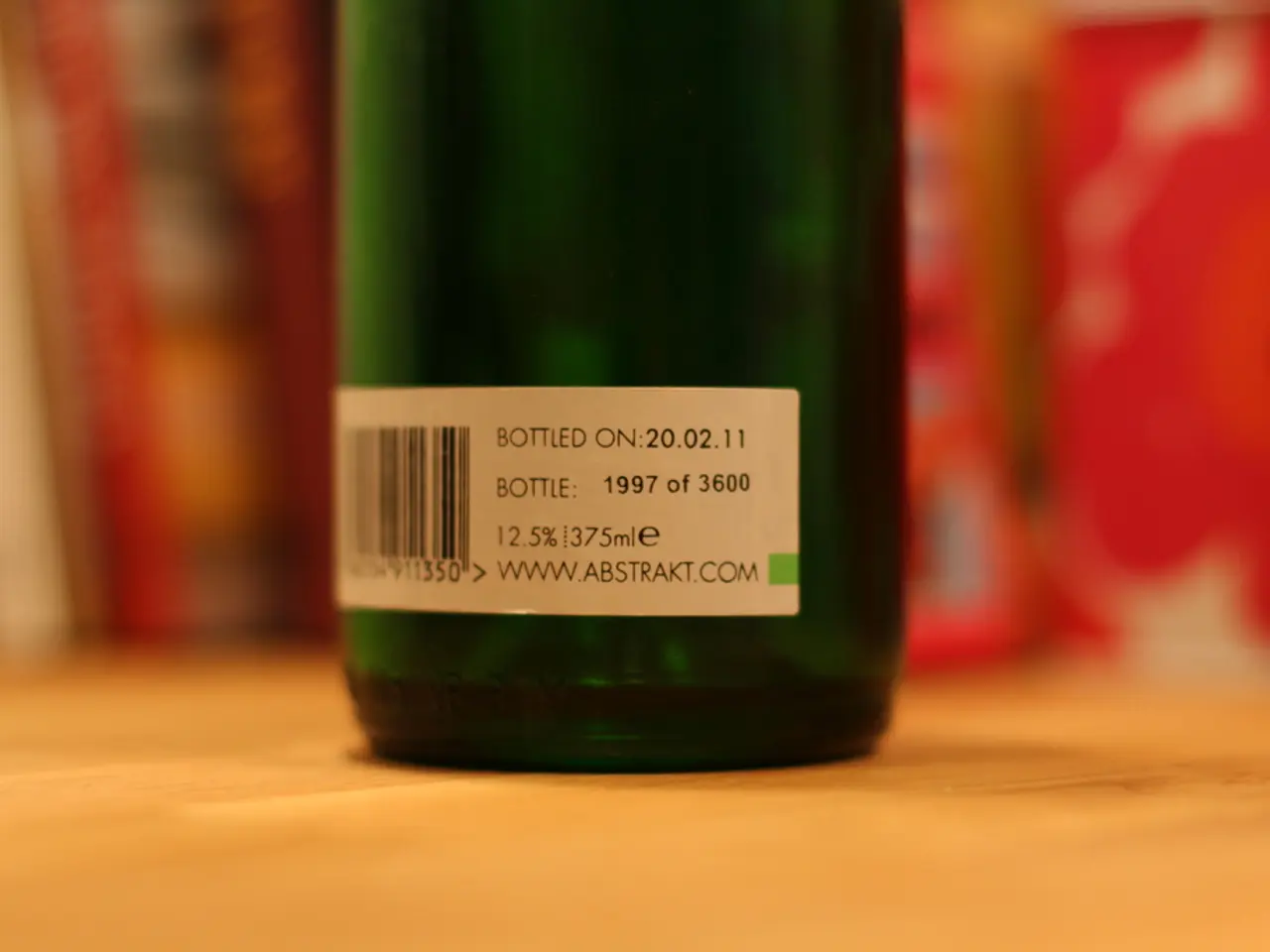Maintaining Aesthetics Naturally: Employing Organic Preservatives in Cosmetic Production
In today's world, with people putting diverse skincare products on their skin every day, it's no wonder that the focus is shifting towards understanding formulations and ingredients. Even non-active elements like preservatives in these formulations are starting to grab attention. This is where the concept of ** Clean Beauty steps in. Clean Beauty is all about consciously purchasing cosmetic products that are made without any potentially hazardous substances**. People are on the hunt for preservative-free cosmetics as a substitute for their regular products to dodge potential side effects.
Although all commercial cosmetic products must undergo testing by health regulatory bodies, clean beauty enthusiasts are wary of traditional preservatives due to their potential side effects. To cater to this concern, many beauty companies are incorporating natural preservatives in their cosmetics. This switch to natural preservatives can help keep their products stable for a longer time, while minimizing possible side effects.
Preservatives Commonly Found in Cosmetics
Preservatives in cosmetic formulations prevent bacterial growth and keep the product stable for a longer period. However, traditionally used preservatives like Parabens, Formaldehyde, and Isothiazolinones might have adverse effects on consumers.
- Parabens: Parabens are found in various sunscreens and hair care products. Although FDA-approved as a preservative, Parabens may potentially disrupt hormone levels and the endocrine system.
- Formaldehyde: Similar to Parabens, Formaldehyde prevents bacterial growth and can help prolong shelf life. However, Formaldehyde has been known to cause skin issues like rashes and allergies in some people and has even been labeled as a possible carcinogen by the National Toxicology Program in the United States.
- Isothiazolinones: While functioning as an anti-bacterial and anti-fungal substance, Isothiazolinones in cosmetic products have been linked to the development of dermatitis.
Reformulating with Natural Preservatives for Cosmetics
Despite the side effects of traditional preservatives, preventing bacterial and fungal growth is crucial for maintaining cosmetic product freshness. Many brands are now using antibacterial, antifungal, and antimicrobial ingredients from plant-based sources that help keep their products fresh and reduce the risk of adverse reactions for the customer.
Reducing Bacteria with Natural Ingredients
For bacteria to thrive, they require a certain level of water and moisture. To prevent this, natural preservatives for cosmetics are often made from plant-based materials that either limit water activity or minimize moisture production within a product. This restriction of moisture production helps in maintaining a preservative-free formula that is long-lasting and free of possible risks associated with traditional preservatives.
Some natural preservatives with excellent preservation qualities include Pentylene Glycol, Levulinic Acid, and Glyceryl Caprylate.
With numerous natural preservatives available, consumers no longer have to rely on traditional preservatives for cosmetic freshness. Provital, for instance, develops preservative-free ingredients using natural preservatives like Pentylene Glycol and Levulinic Acid for greater shelf stability and high-quality, long-lasting products without traditional preservatives that may be harmful.
- The rising focus on health-and-wellness and skin-care has led to an increased interest in clean beauty, which includes purchasing cosmetic products made without potentially hazardous substances.
- In an effort to cater to this concern, many beauty companies are incorporating natural preservatives in their cosmetics, such as antibacterial, antifungal, and antimicrobial ingredients from plant-based sources.
- By using natural preservatives, cosmetic products can maintain their freshness while minimizing possible side effects, as traditional preservatives like Parabens, Formaldehyde, and Isothiazolinones might have adverse effects on consumers.
- With numerous natural preservatives available, like Pentylene Glycol, Levulinic Acid, and Glyceryl Caprylate, consumers no longer have to rely on traditional preservatives for cosmetic freshness and can opt for nutrient-rich, clean beauty products that align with their lifestyle and fashion-and-beauty choices.








